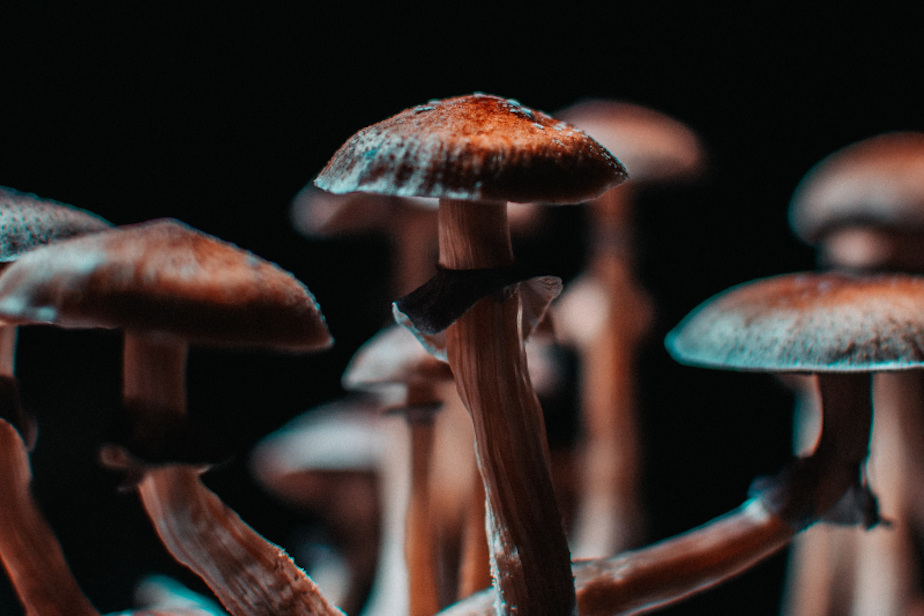What's an 'entheogen'? Magic mushrooms are now a low priority in Olympia

The Olympia City Council knocked psilocybin, and similar drugs, down to a "low enforcement priority" for Olympia police Tuesday, essentially decriminalizing the drugs in the city.
A resolution passed Aug. 13 states that such drugs "should be a City of Olympia low enforcement priority and no City funds or resources should be used for investigation, prosecution, or arrest of individuals possessing or using entheogenic plants or fungi."
RELATED: More Americans are microdosing or tripping on magic mushrooms than ever
Such drugs are known by many names: magic mushrooms, psychedelics, psilocybin, ayahuasca. Olympia calls them "entheogens," a term that refers to cultural or religious uses of plant-derived drugs such as psilocybin or ayahuasca. Olympia's resolution also includes "personal growth practices" in this definition.
Current law in Olympia states that possession of these drugs is a gross misdemeanor that could result in jail time between 180-264 days, and/or a $1,000 fine. Now, the Council has instructed the city's police not to use city resources for "the investigation, arrest, and prosecution of anyone engaging in entheogen-related activities..."
There are exceptions, however. While possession of the drugs is a low priority, driving under the influence is still illegal. Distribution at schools is also not allowed. Manufacturing and sales are also prohibited. The Council also leaves open any "conduct that puts public safety at risk or causes a public nuisance that violates the law."
According to Council materials, Olympia police have not made any arrests strictly for entheogens over the past five years, however, there were five arrests where the drug was also present. These arrests involved narcotics possession (fentanyl, methamphetamine), a DUI, and a warrant where narcotics were found.
RELATED: A scientist took a psychedelic drug — and watched his own brain 'fall apart'
Washington state lawmakers have considered multiple proposals in recent years that would either ease restrictions or decriminalize psilocybin across the state. Olympia's resolution echoes the state Legislature's arguments around these issues — that these drugs are used for cultural or religious purposes, and could have mental health benefits.
While no such proposals have passed Washington's Legislature, state lawmakers have mandated that the University of Washington study psilocybin and how it affects the mind. That study is slated for 2025 and will focus on about 40 first responders and military veterans with PTSD or alcohol-use disorder.
In 2020, Oregon voters passed a ballot measure legalizing psilocybin with 56% approval. Service centers for the drug have grown throughout the state in the years since. Colorado has taken similar action.




